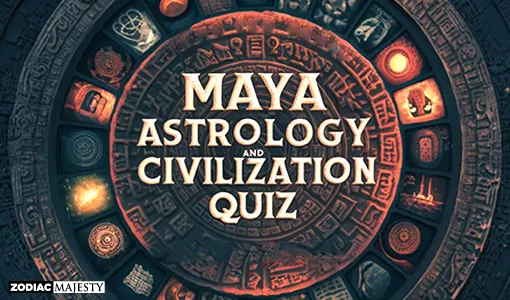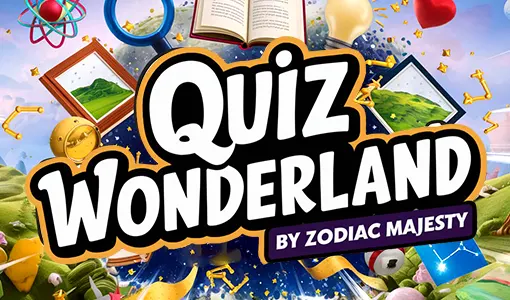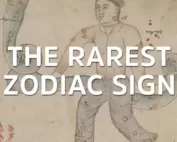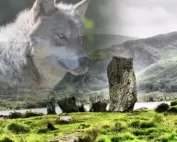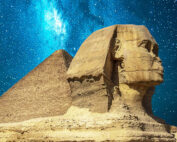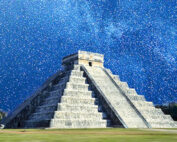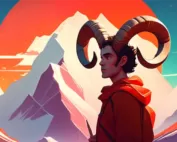MAYAN ASTROLOGY: UNLOCKING THE SECRETS OF AN ANCIENT COSMIC SYSTEM

For centuries, the Mayan civilization has captivated the world with its advanced knowledge and understanding of the cosmos. Among their many achievements, the Mayans developed a complex system of astrology that delved into the depths of celestial mysteries. Unlike Western astrology, which is based on the zodiac, Mayan astrology offers a unique perspective, drawing inspiration from its rich mythology and profound connection to nature.
At the core of Mayan astrology is the belief that celestial bodies, such as the sun, moon, planets, and stars, hold significant influence over human lives. The Mayans saw themselves as intricately linked to the cosmos, and through their astrological practices, they sought to uncover the hidden patterns and energies that shaped their destinies.

One of the distinguishing features of Mayan astrology is the use of a sacred calendar known as the Tzolk’in. Comprised of 260 days, this calendar intertwines two cycles: a 20-day cycle represented by various symbols, called glyphs, and a 13-day cycle denoted by numbers. The combination of these cycles forms a unique energy for each day, providing insight into personal characteristics, strengths, and potential challenges.
In Mayan astrology, individuals are assigned a specific day sign based on their birth date in the Tzolk’in calendar. Each day’s sign carries its own distinct attributes, traits, and symbolism. These signs encompass a wide range of qualities, such as leadership, creativity, wisdom, and spirituality. By understanding their day sign, individuals can gain deeper self-awareness and align themselves with the cosmic energies that resonate with their essence.
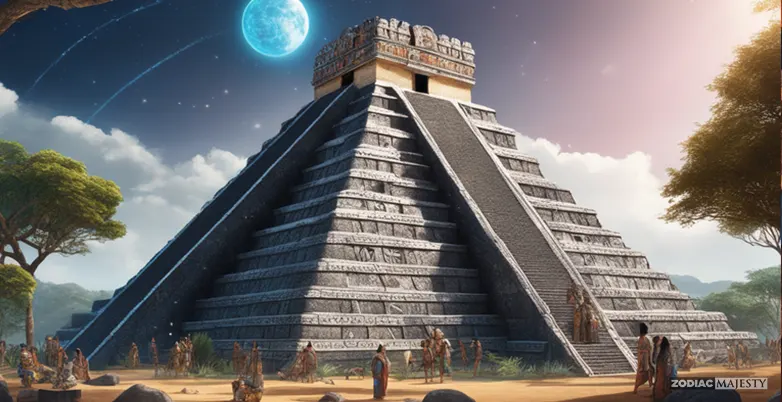
Furthermore, Mayan astrology recognizes a system of nine lords, also known as deities or gods, each associated with specific characteristics and aspects of life. These deities play a role in shaping an individual’s personality, strengths, and challenges. The interactions between the day sign and the governing deity provide additional layers of insight into one’s spiritual journey and life path.
It’s important to note that Mayan astrology goes beyond individual horoscopes and extends its influence to broader societal matters. The Mayans believed that certain time periods, known as trecenas, held particular significance and affected the collective energy of communities. These trecenas were associated with specific deities and influenced various aspects of society, including agriculture, governance, and spiritual rituals.
While Mayan astrology offers a rich tapestry of wisdom and guidance, it’s essential to approach it with an open mind and a respectful appreciation for the Mayan culture. Like any form of astrology, it should be viewed as a tool for self-reflection and personal growth rather than a definitive predictor of fate.
Exploring Mayan astrology allows us to delve into fascinating ancient wisdom, connecting us to the profound interconnectedness of the universe. It serves as a reminder that the stars above hold both mysteries and insights, inviting us to explore and embrace the profound wisdom embedded within our cosmic heritage.

